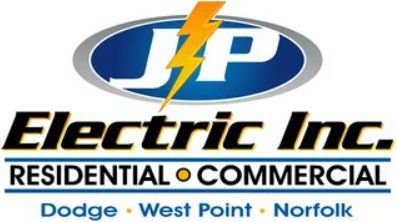While generators are an invaluable resource, they must be used safely. Proper usage requires knowledge and attention. If you need a backup source of power at your home or office, be sure to understand everything you need to know about generators before scheduling a generator installation. Read on to learn more!
Find a Safe Place for Your Generator
Your generator should be located outdoors and away from your house. According to Electrical Safety Foundation International, 69% of generator-related fatalities involved units placed in a home's basement or living area. It's recommended that you avoid decks and patios, too. Even your garage isn't a safe place for your generator. Don't put your generator in a garden shed or another building that is used to house animals or where people spend a significant amount of time. To ensure your safety, your generator should be a considerable distance away from your home and any other buildings.
Determine if You Need a Transfer Switch
Portable generators come with built-in outlets. Most people select a few appliances that they want to power during an outage. A generator with extension cords is typically sufficient to power appliances like refrigerators and electronic devices. However, not all home appliances can be powered this way. Transfer switches are required if you want to fuel large appliances like furnaces and well pumps. If you do need a transfer switch installed, it's always a good idea to have an electrician handle the job to avoid the danger of electrocution.
Use Extension Cords Safely
Tripping is just one hazard that extension cords can create. Different appliances can require different types of extension cords. Double-check the owner's manual for any appliance that you plan to power with your generator. You'll need to know the thickness and gauge of the optimal cord to use to avoid damage and electrocution. Small items like clocks, lights, or charging devices can all be attached to power strips. Larger appliances should be limited to one cord plugged into one generator outlet. Don't try to overload your generator as this can cause damage to both the generator and everything connected to it.
Would you rather leave your generator installation to the experts? Our team is here to help! Reach out to us at JP Electric Inc today to learn more about our services and how they can help you.


Share On: